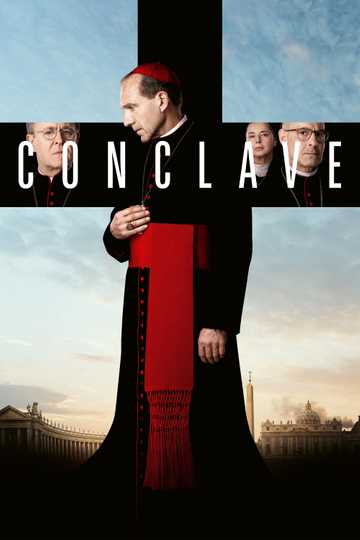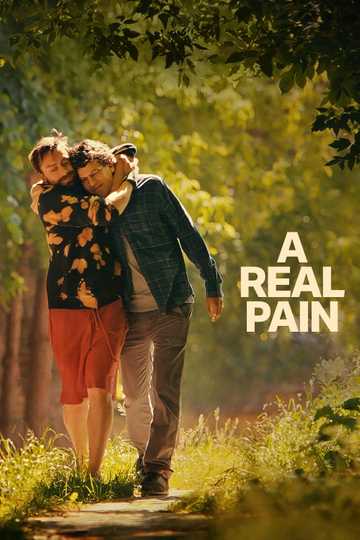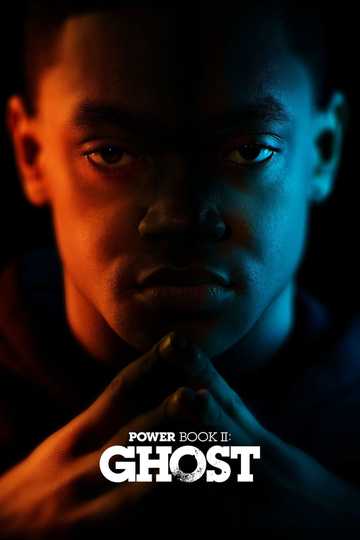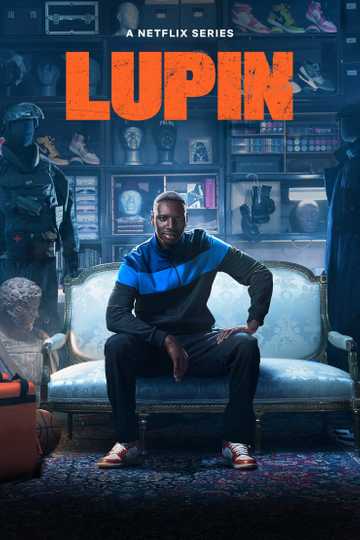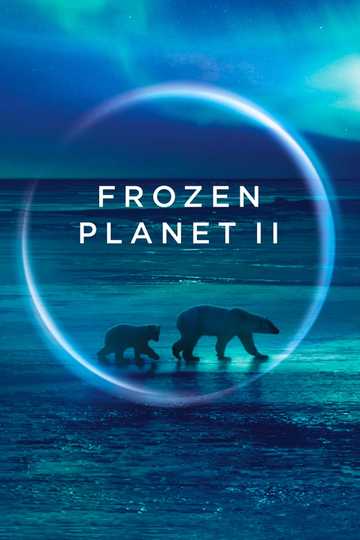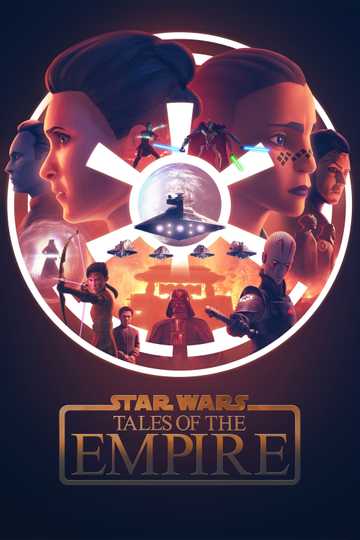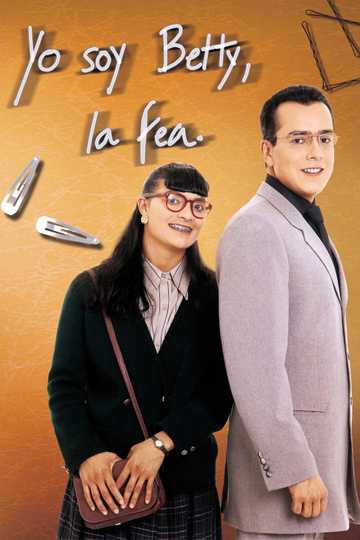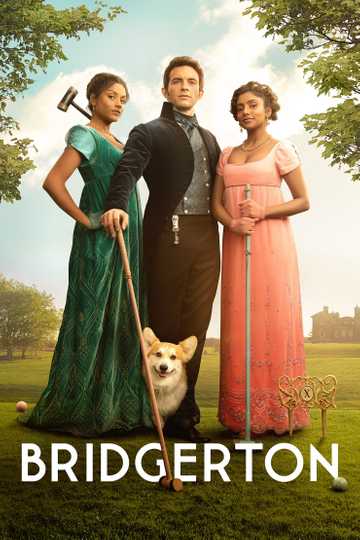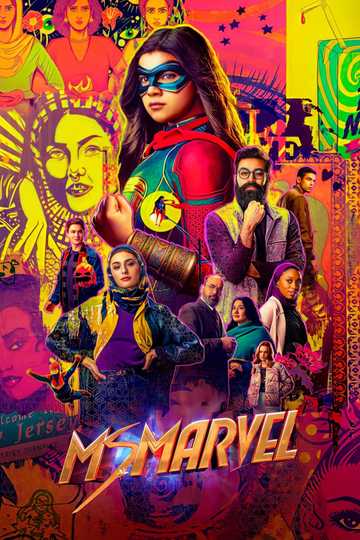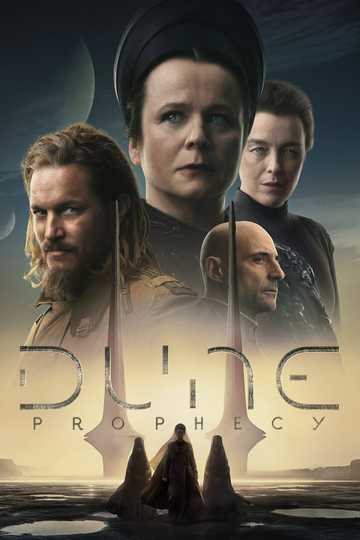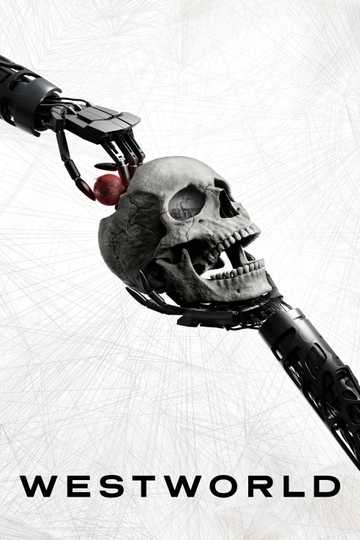Season 16 Episodes
1. Love Story
A Second World War love affair between German housewife Lilly Wust and young Jewish lesbian Felice Schragenheim.
2. Before Columbus
Christopher Columbus is popularly believed to have been, in 1492, the first European to discover America. However, some historians are convinced the New World was known before he set sail. Examines their claims and looks into the belief that the Mandan Indians of North Dakota are partly descended from a 12th-century Welsh prince.
3. Secret Memories
A wireless operator who survived torture and a Nazi concentration camp, a 20-year-old sabotage expert, and an MI6 agent who filmed his own undercover operations are just three of the British secret agents whose stories of bravery behind enemy lines in the Second World War are told in this historical documentary.
4. The Boer War: The First Media War
The Boer War of 1899-1902 saw correspondents and cameramen play a major part in war propaganda for the first time. Diaries, memoirs, photographs and films form part of an examination of the media's role in a conflict that saw young journalists Winston Churchill, Rudyard Kipling and writer Edgar Wallace make their names.
5. Birth Story
For centuries babies were born at home, their mothers assisted through the birth by other women. But 50 years ago, childbirth was taken out of the home and into hospitals. The transition was made in the name of safety but, as tonight's programme reveals, the emphasis on personal care and humanity was lost in the process. Mothers, midwives, and obstetricians reflect on the effect this has had on the traditional relationship between mother and midwife.
6. Forgotten Allies
When war broke out in South East Asia in 1941, one hill tribe - the Christian, English-speaking Karen - distinguished itself in the fight against Japan. Karen helped halt the Japanese, taught British Army regulars to fight in the jungle, and worked with Force 136 - the British sabotage unit immortalised in the fiction film 'The Bridge on the River Kwai'. Fifty years later they are fighting for their independence. Using newly unearthed archive material and documents, Timewatch tells why the Karen feel abandoned by the British and how they remain in a brutal civil war with the Burmese.
7. Back to the Iron Age
Tonight's documentary reassesses a project from 1977 designed to find out more about prehistoric life. For over a year a group of young people lived and worked on a replica of an Iron Age farm, but in the light of recent archaeological discoveries, this programme questions the success of the project.
8. The True Story of the Bridge on the River Kwai
Forty years ago a war movie created a legend. Timewatch now tells the story of Lieutenant Colonel Toosey, the British officer in Burma whose job it was to supply the Japanese with a workforce to build the bridge - which still exists. His tale is told with the help of tapes that recount his experiences and through the letters he exchanged with his Japanese captor after the war. NEW SEASON.
9. Lords of the Maya
As Christianity became a dominant religious force in Europe, a religious movement was shaping the ancient Mayan civilisation of central America. It was based upon the arrival of a messianic "fire child" into Mayan territory in AD 378. New evidence from the excavation of the city of Copan suggests that Mayans were responsible for a cult of blood sacrifice and an environmental catastrophe that saw them destroyed in accordance with a prophecy.
10. Alison: A Personal History
In 1988 the third film about the inspirational life of Alison French, who has cerebral palsy, saw her get married to Mark John. Ten years and two children later, she talks candidly about her experiences as a disabled person as well as her new career as a youth and community worker.
11. The Gentlemen Spies
The first secret documents released by MI5 to the Public Records Office cover its establishment by the mysterious Vernon Kell, code-named "K", in 1909, and the fight to counter the German spy threat during the First World War. Timewatch goes behind the scenes at MI5 and features interviews with early members of the clandestine organisation.
12. The African Trade
Transatlantic slavery was responsible for the largest long-distance forced migration in history. Europeans did not venture into the interior of Africa until after abolition, so how did approximately 12 million Africans fall into their clutches? Timewatch delves into history and finds that, contrary to popular belief, most of the business was conducted by black slave merchants trading on the coast with Europeans. And slavery was a fact of life long before the transatlantic trade began. For centuries, Africa supplied eunuchs and wives to the Arab world, sacrificial victims to tyrants, and domestic labour.
13. Lenin's Secret Files
Secret files documenting the life of Lenin were hidden away for decades by Soviet authorities in a labyrinth of vaults deep underground, behind blast-proof steel doors specially strengthened to withstand nuclear attack. They reveal a disturbed man with a turbulent personal life whose political reign involved terror tactics against the enemies of socialism to force the pace of revolutionary change and direct orders for mass executions.
14. Remember the Ugandan Asians
Twenty-five years ago the Ugandan Asians arrived in Britain, having been expelled from their own country. Greeted warmly on their arrival, they also saw the harsh face of Britain, with the National Front gaining support and publicity. Now one of the most successful communities in Britain, Uganda has asked them to return. With interviews, propaganda footage and news archive, Timewatch explores the emotional history of the Ugandan Asians and examines how they feel about Britain and the home they left behind.
15. In Search of Cleopatra
Explores the myths that still surround the legendary Egyptian queen, and attempts to unravel the truth behind a life - and death - that helped to shape the civilised world for the next 500 years.


